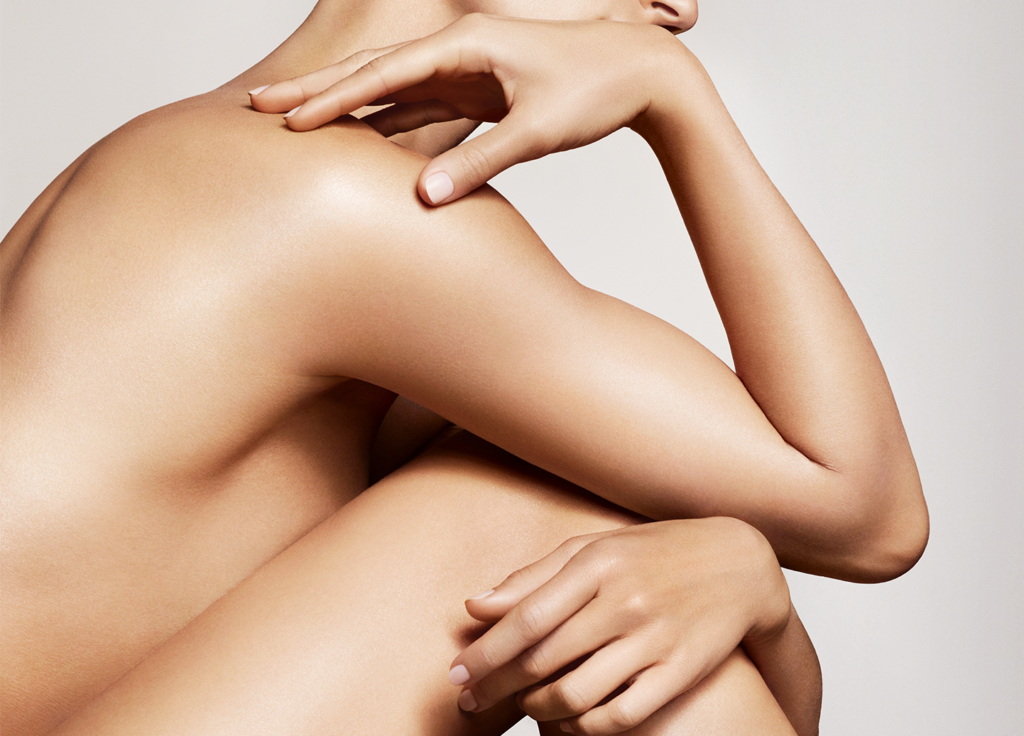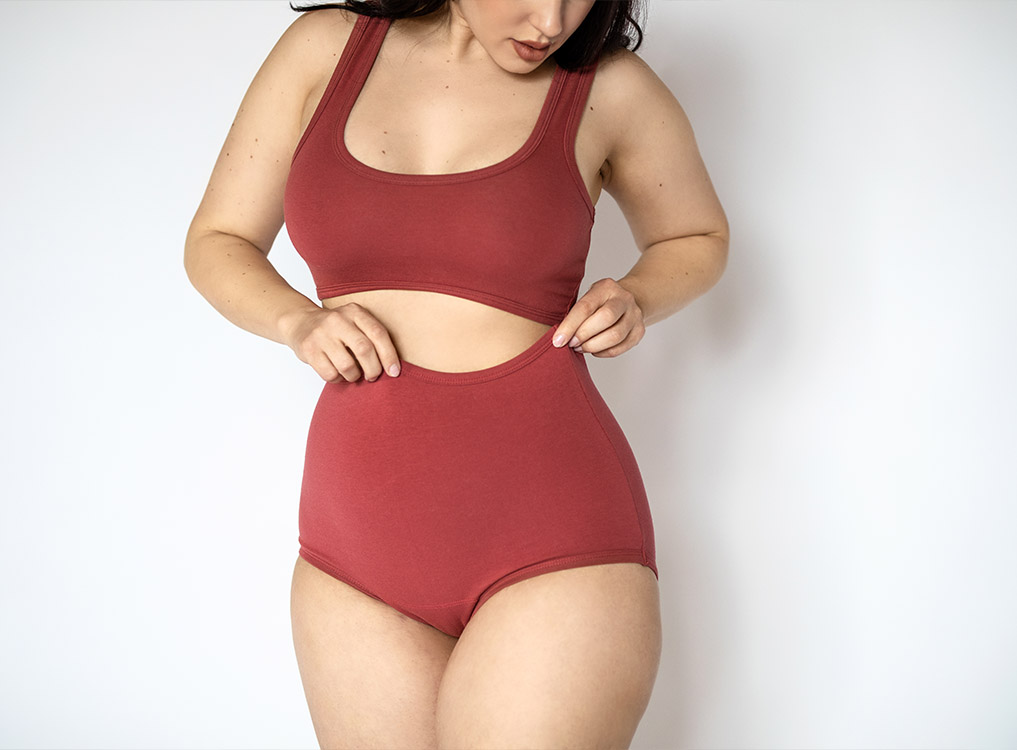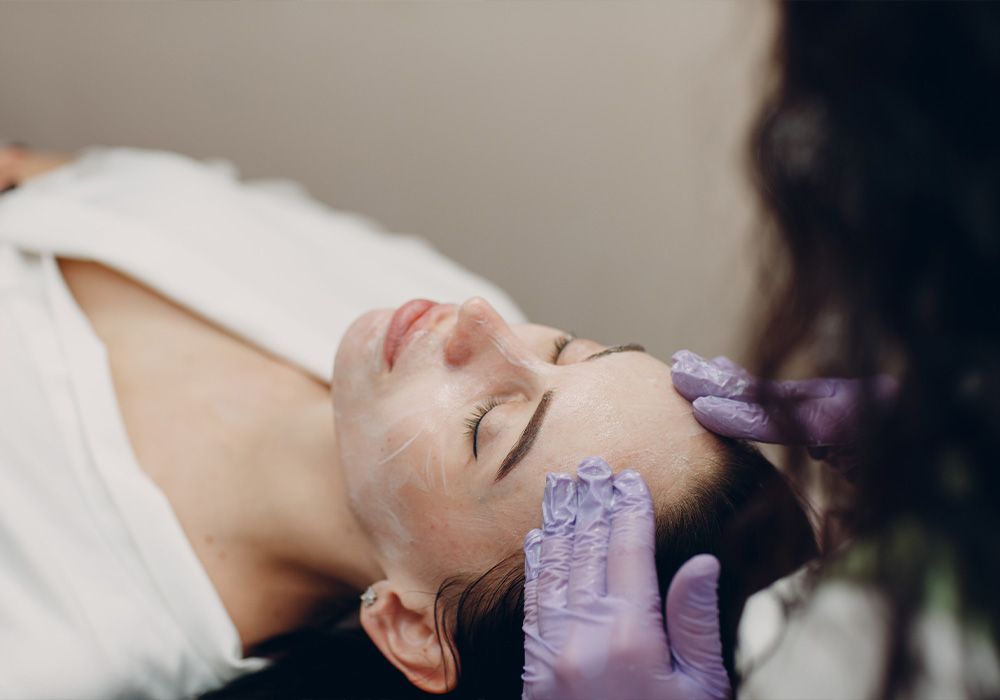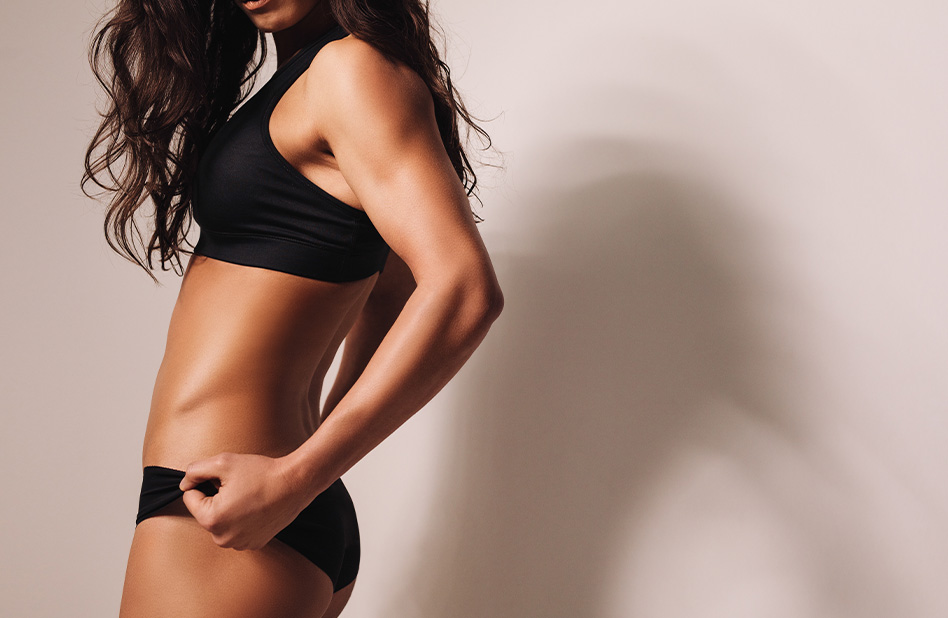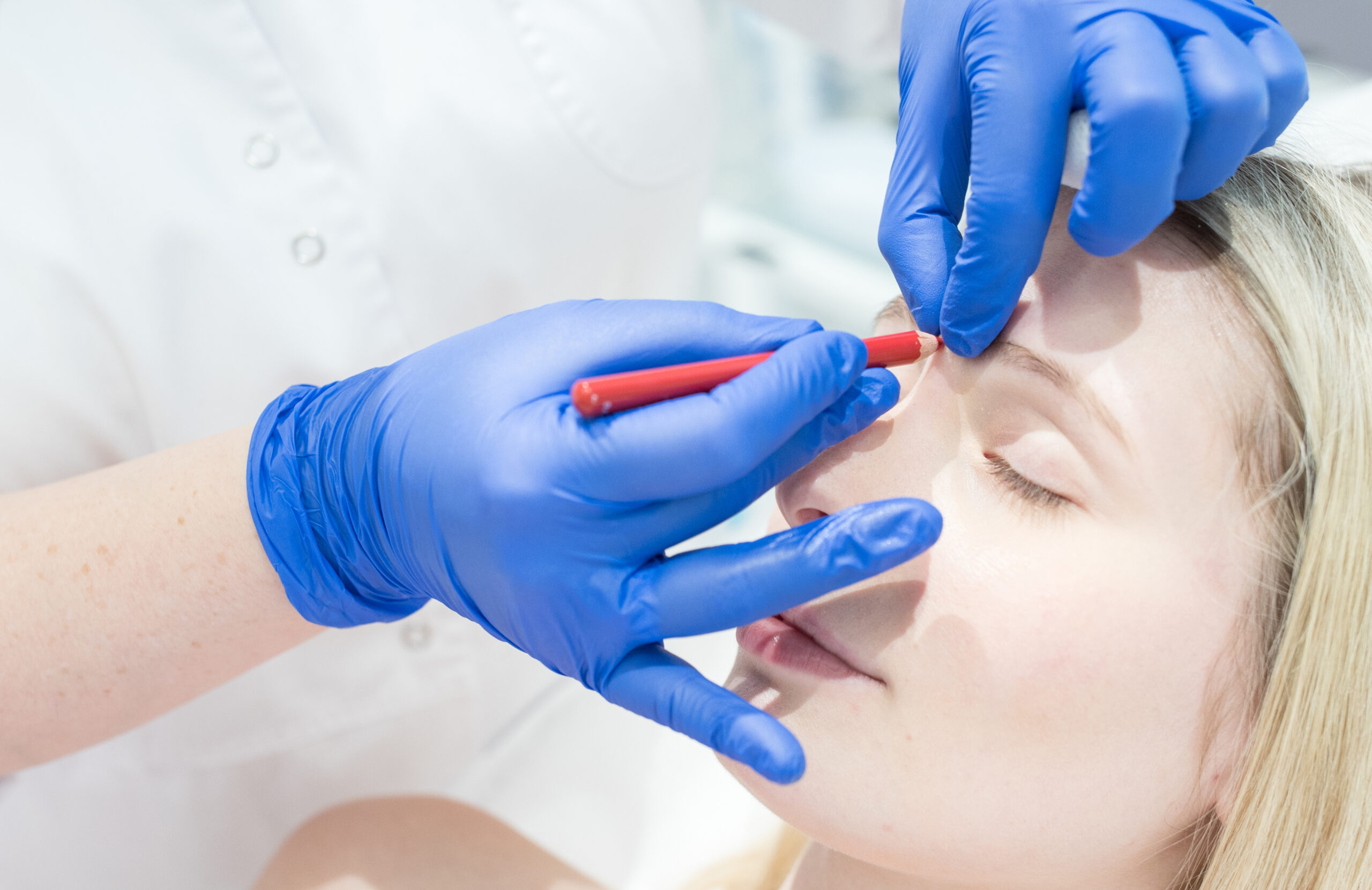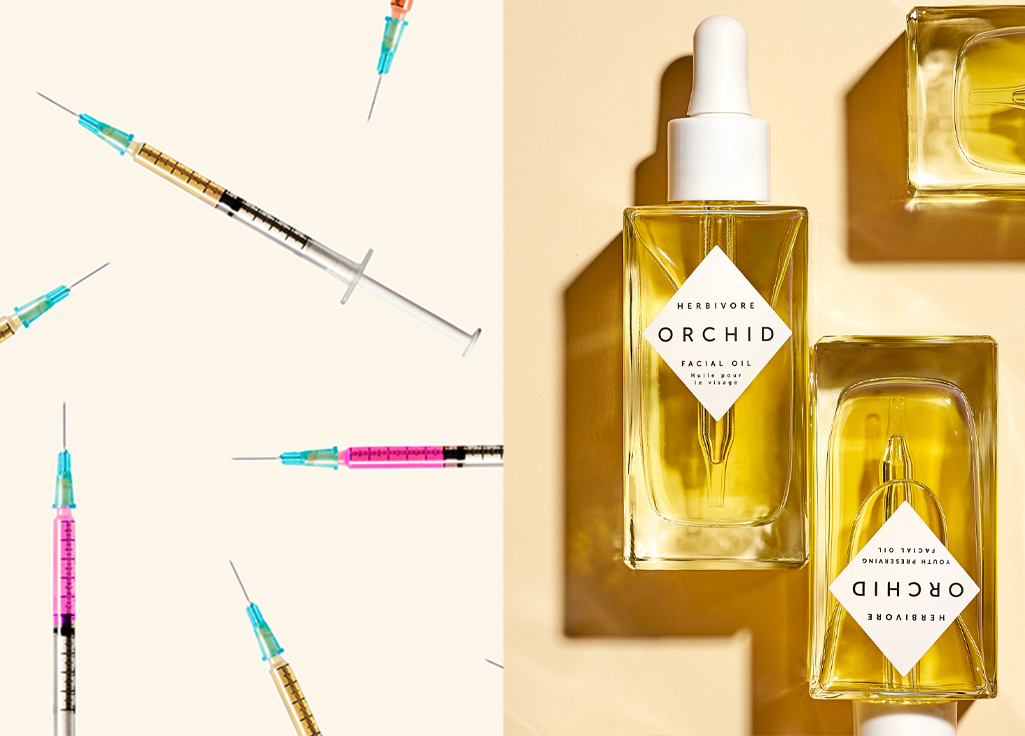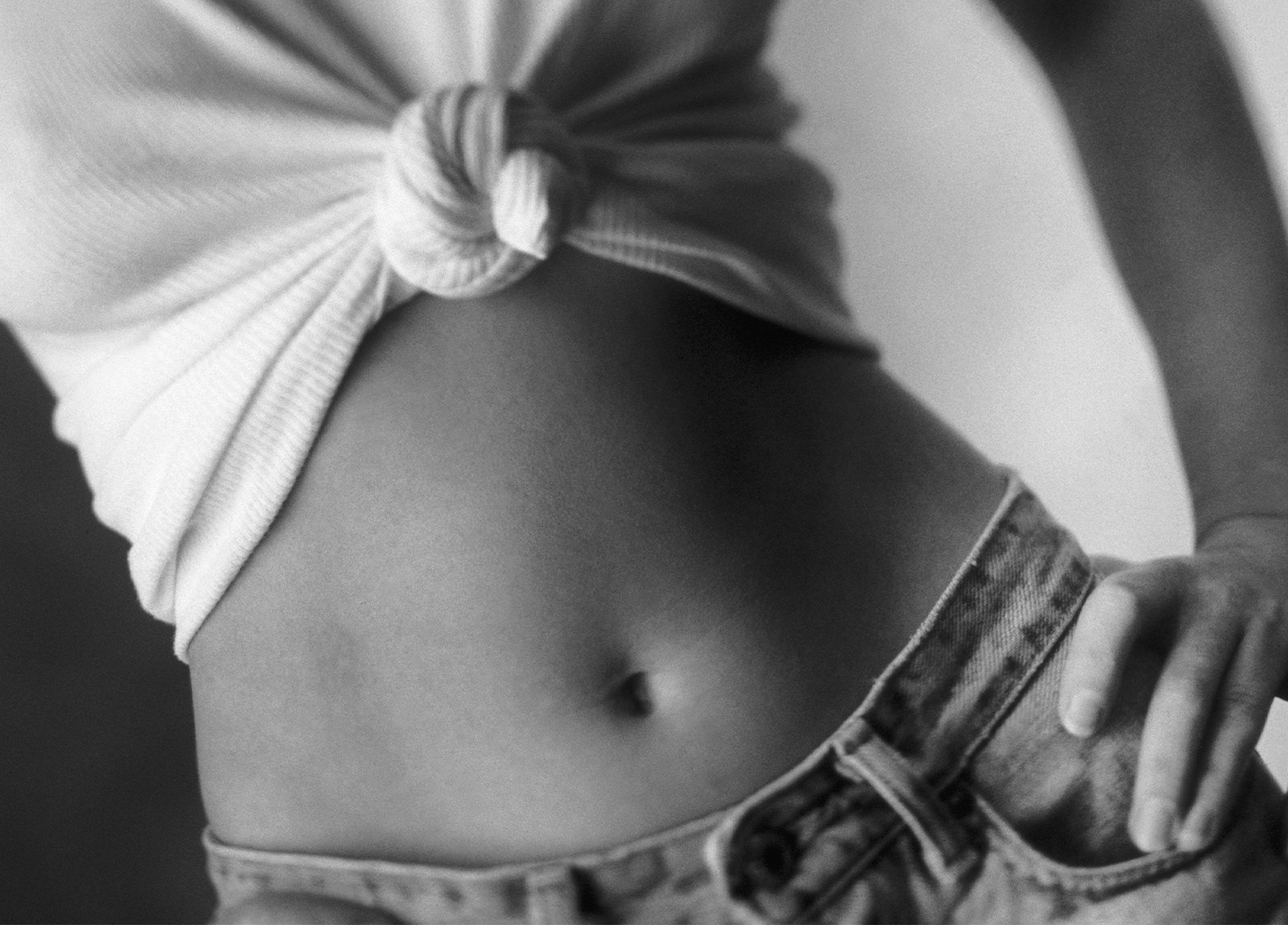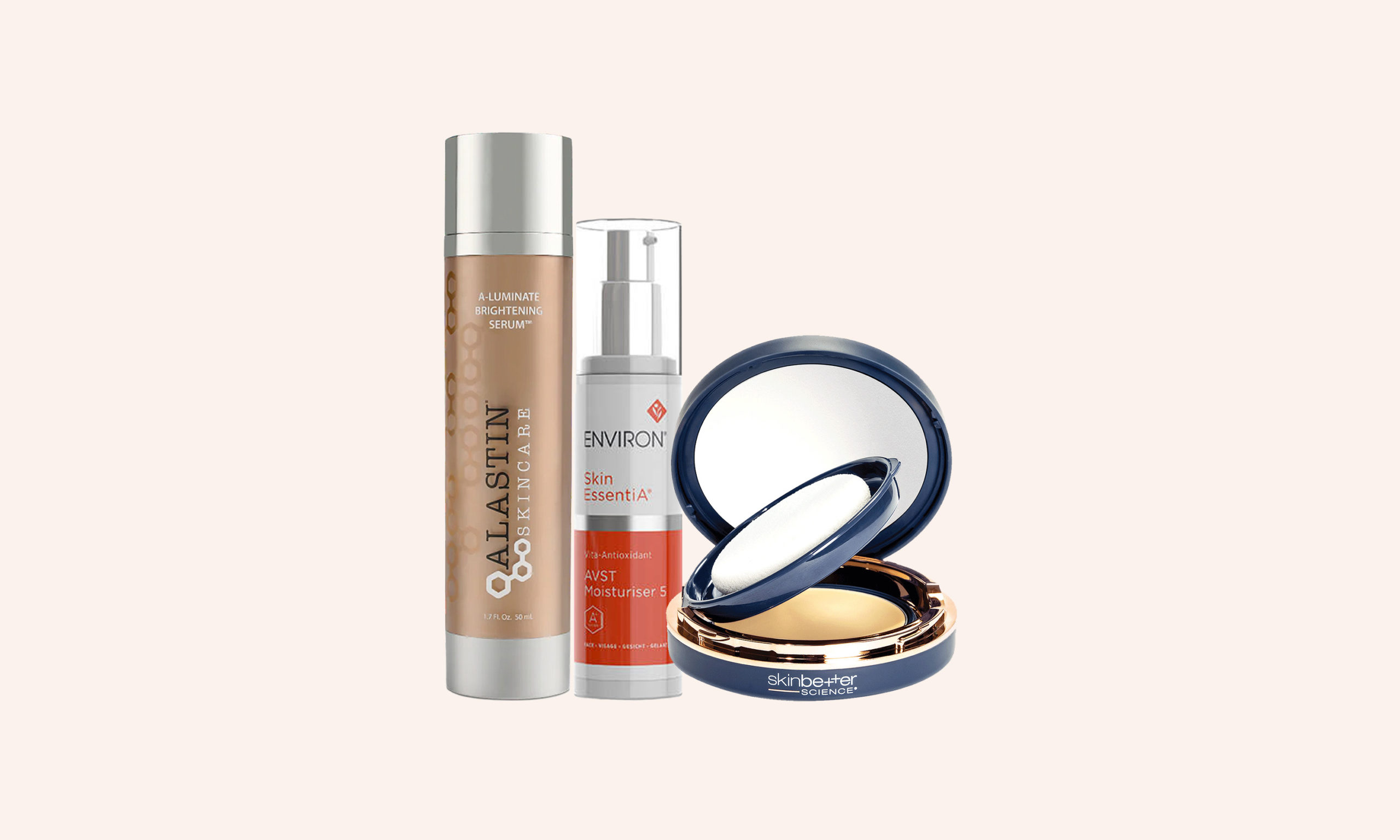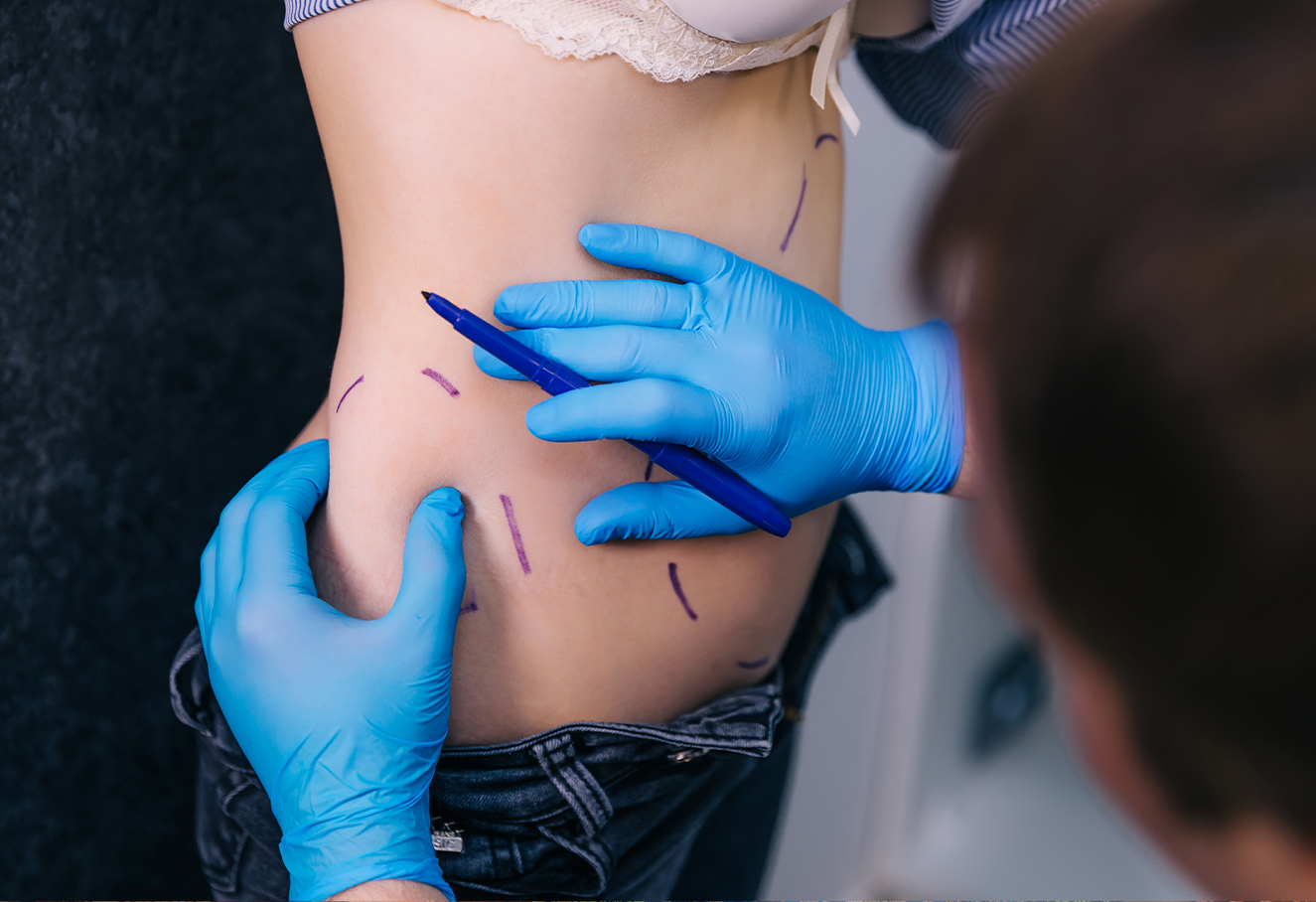“Summer brings the warm air, sunshine and swimsuit bodies,” says Louisville, KY plastic surgeon Chet Mays, MD. “The glowing skin and curves can be seen on the beaches and lakes coast to coast. The bodies that have been sculpted are on full display.
Elective procedures such as plastic surgery can be performed year-round, but there are common ones that can be avoided in the summer.” These are the top recommendations from leading plastic surgeons, so you can plan your treatments ahead of time and feel 100-percent prepared for what to expect.
Facelifts and Facial Skin Resurfacing
“Though the healing is no better or worse this time of year, those who live in a very sunny climate may want to reschedule their facelift or facial skin resurfacing procedure for a different time of year,” says Pittsburgh plastic surgeon Leo R. McCafferty, MD. “These procedures require you to avoid the sun for at least several weeks and then to be diligent with sunscreen for several months. But, if your summer happens to provide you with more free time, don’t be afraid to explore surgical and nonsurgical options—you’ll do just fine.”
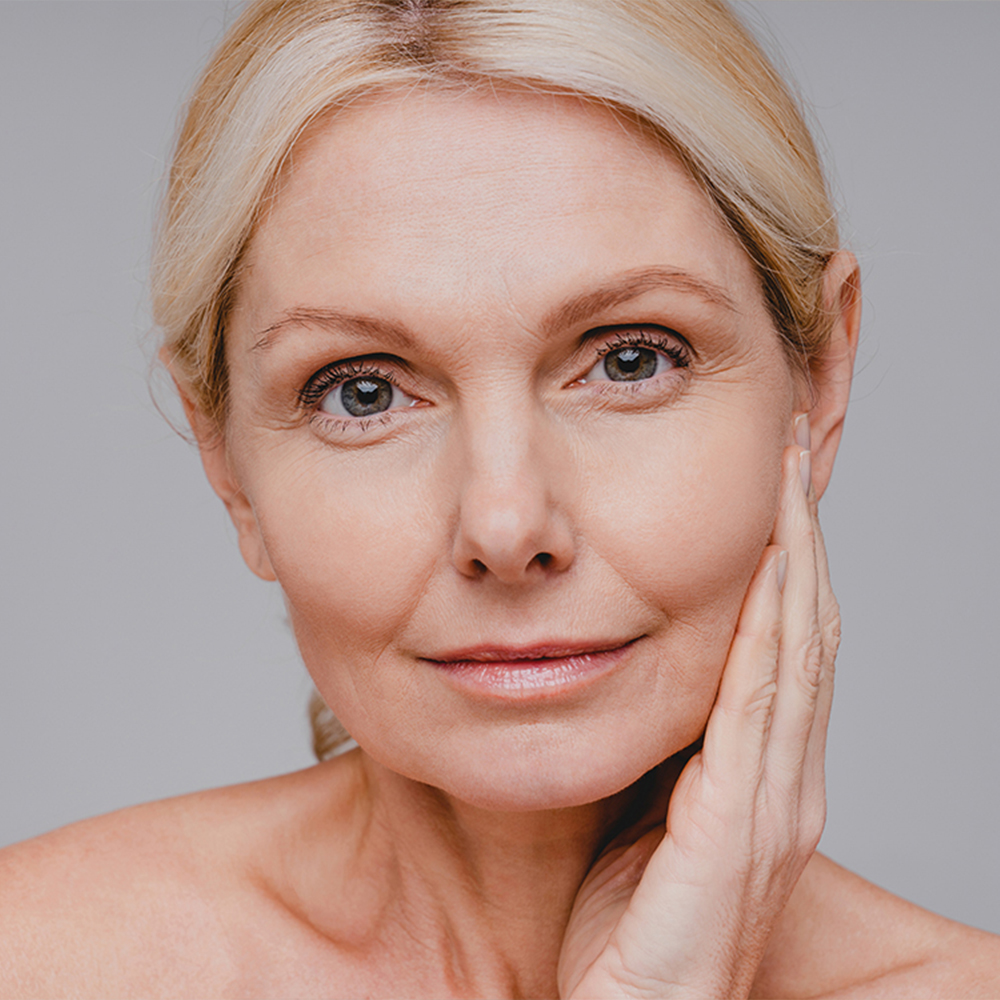
Laser Treatments
“Summertime can be both a blessing and a curse to get cosmetic procedures,” says Chicago plastic surgeon Sam Speron, MD. “On one hand, you can get something done before a vacation so you can recover in the comfort and quiet of a vacation way from friends where no one is really looking at your incisions. On the other hand, you have to be careful to limit sun exposure, as this can make your scars turn brown. Laser treatments also have a significantly higher risk of getting a burn or a scar, especially if you’re out in the sun frying yourself. The best advice to follow is to be honest with your plastic surgeon so that you can both come up with a safe plan.”
Richmond, VA plastic surgeon Ruth Hillelson, MD says these procedures can generally be performed all year long, but patient compliance is paramount. “For lasers such as BBL (Broadband Light), I tell my patients I won’t treat them if they have had recent excessive sun exposure. Patients should be extra careful one week before and one week after laster treatments. And of course, sunscreen remains a permanent part of the treatment regimen.” Dr. Mays adds that Halo is another laser that’s more popular in the winter months because if the post-treatment skin becomes sunburned, it can lead to prolonged redness and rebound hyperpigmentation. “A simple chemical peel such as TCA (trichloroacetic acid) should also be avoided in the summer because of skin sensitivity from the treatment and the risk of hyperpigmentation that can be seen just from using the pre-treatment cream, hydroquinone.”
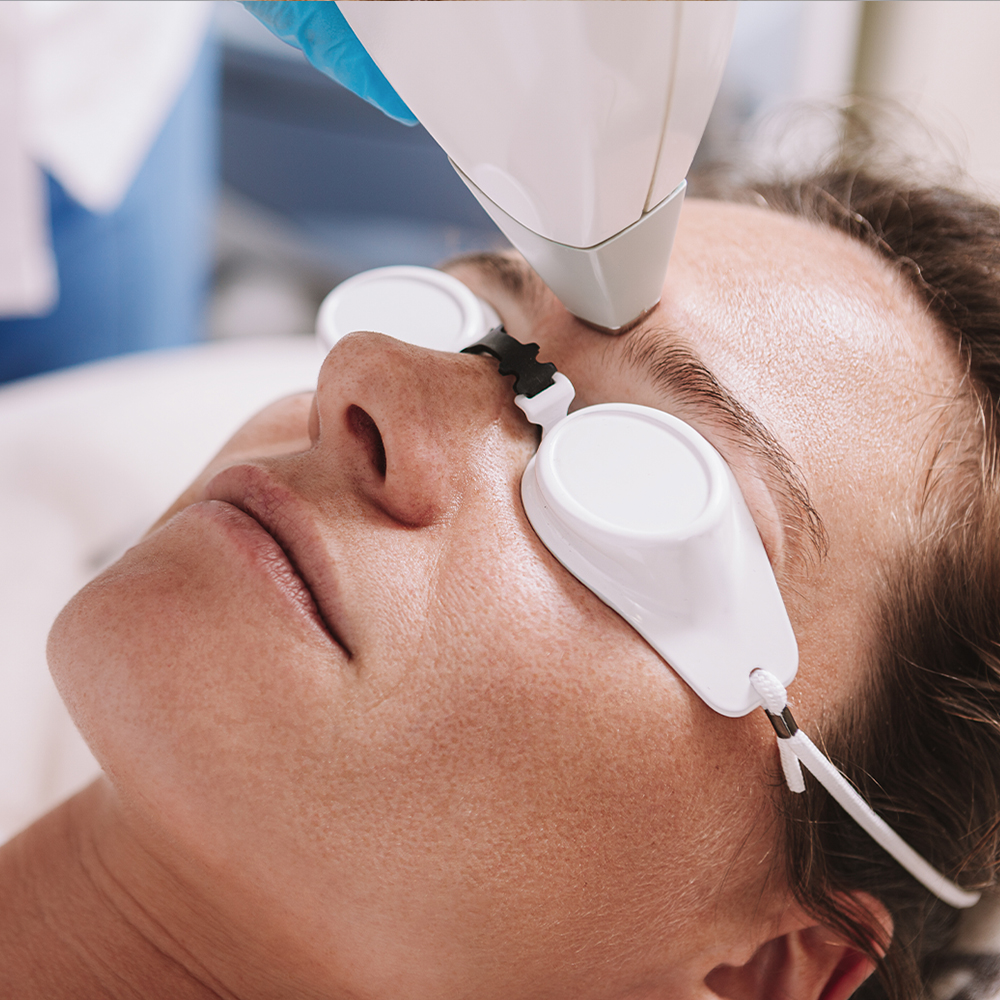
Large Body-Sculpting Procedures
According to Dr. Mays, procedures like liposuction with a tummy tuck or bodylift are not as common in the summer. “The recovery for these procedures requires the patient to be in a compressive garment for six weeks, which can be difficult in those hot summer months. And if the garment doesn’t slow down your summer plans, the sun exposure risk will,” he explains. “The skin and scar after a tummy tuck are very sensitive, and direct sunlight should be avoided. I have seen patients get third-degree burns on their lower tummy tuck skin after direct sunlight exposure in the early postoperative course. Sun protection, not just with sunscreen, but also a physical barrier like a shirt with UV protection, is critical in the first few months post-op. Using a scar cream like Biocorneum, which contains SPF, can also help protect the scar from the sun’s damaging UV rays.”
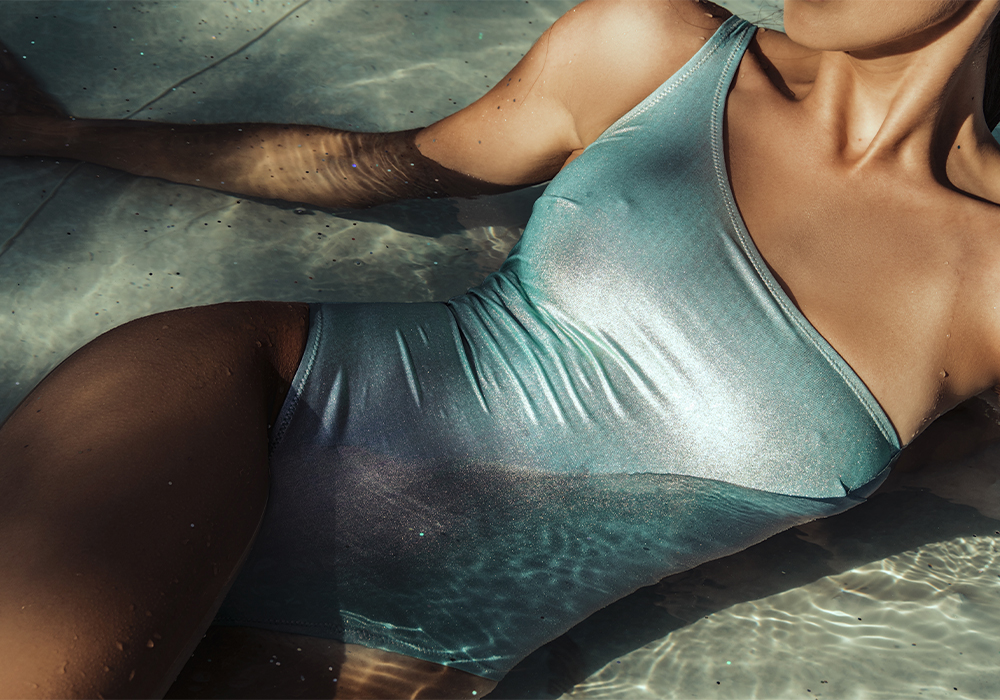
Brachioplasty
Another surgical procedure that isn’t as popular in the summer, Dr. Mays says, is brachioplasty, which involves the removal of excess arm skin. “It should be avoided if you are going to have prolonged, direct sun exposure. The scars are on the arms in a sun-exposed area and can be difficult to cover comfortably in the hot summer months. And, in the early post-op period, for any surgical procedure, submerging in water is contraindicated for the first two to four weeks to prevent infection of the surgical sites. This includes pools, hot tubs and even salt water.”
Water isn’t the only thing you have to keep in mind post-surgery: Dr. Hillelson says there will also be activity restrictions after a procedure like brachioplasty, or another large body procedure, and summertime typically calls for more activities. “Excessive sweating should be avoided, too, to avoid irritating or disrupting sutures and bandages,” she adds. “But all that being said, I have done all of these procedures in all seasons as long as I felt that my patients understood the importance of these restrictions.”

